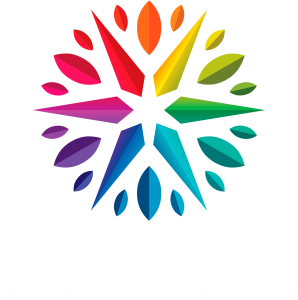Economics
How do we transition from a linear and extractive growth-based economy, to a ‘closed loop’ materials economy, eliminating waste and incentivising regenerative as opposed to degenerative practices?
What are the principles of the Circular Economy, or Doughnut Economics?
Many of us today are well aware of the inherent fallacies behind a concept such as infinite economic growth on a finite planet, or the failings of an economic indicator such as GDP, which effectively measures the speed at which we are turning natural resources into waste.
But how can we transition to a 21st century economics, that respects ecological parameters and internalises impacts to planetary and human health from industries, thereby reflecting their true ‘cost’ within their actual ‘price’.
As the writer Upton Sinclair once remarked, ‘It’s hard to convince a man something is wrong when his salary depends on it being otherwise.’
But almost the entire human race has embraced what Alan Watts called this ‘first great fallacy of civilisation’: the confusion of conceptual wealth, which we have created, like money and the financial markets, with the real wealth upon which all life depends – like clean air, soil, water and food.
We will also look at possibilities for operating outside of the mainstream economy, from local alternative currencies to crypto-currencies and blockchain.
What are the core principles of ecological design and creating ‘zero-waste industrial ecologies’, such as ‘Cradle-to-Cradle’ design and ‘Biomimicry’.
And what steps can we all take to support the local economy, as opposed to the corporate global casino?


